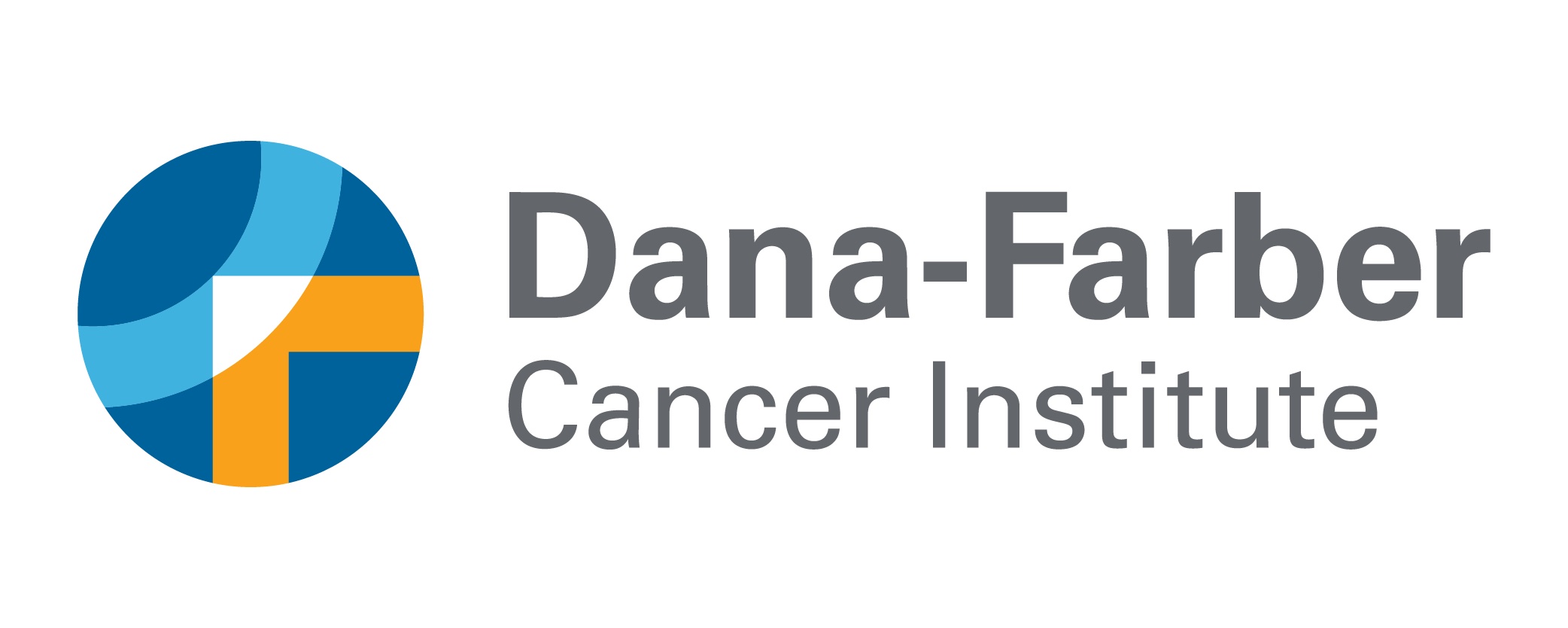Embargoed for release: June 2, 1999, 6 p.m. EST
Contact:
Todd Ringler
(617) 632-5357
[email protected]
Use of Alternative Medicine Found to be a Marker for Psychological Distress in Women with Early Stage Breast Cancer
Boston--Women who begin alternative medical therapies in the wake of a breast cancer diagnosis exhibit greater psychosocial distress, according to a study by researchers at Dana-Farber Cancer Institute and Harvard Medical School. The study, published in the June 3rd issue of the New England Journal of Medicine, found that women who started to use alternative medicine after breast cancer surgery experienced more depression, anxiety, and number and intensity of physical symptoms than did their counterparts not using alternative medicine.
While it is estimated that 30% of the American public has used some form of alternative medical therapy at some point in time, it is not known what motivates so many people to try such treatments. "We know that some women have a hard time coping with breast cancer, even if they have a very good prognosis," said Dr. Harold Burstein, a study co-author and fellow at Dana-Farber. "As a group, women who started to use alternative therapies reported more distress in the wake of their diagnosis, which suggests to us that alternative medicine might be an important marker for identifying vulnerable patients who need more help."
Women using alternative therapies reported worse quality of life and greater psychosocial distress after their diagnosis. Researchers found important differences in levels of depression, anxiety, sexual satisfaction, and physical complaints three months after diagnosis, with women using alternative medicine faring less well in all cases. Most of these differences improved over time, but some lingered for up to a year after cancer diagnosis.
The study was based on surveys of 480 women in Massachusetts diagnosed with early stage breast cancer. Women were asked about their medical treatments, quality of life, and use of alternative medical practices in the year after their breast cancer surgery. The study found that 28% of these women began to use such alternative therapies as herbal medicines, megavitamins, acupuncture, spiritual healing, chiropractic, and homeopathy. Women who used alternative medicine were found to make the same choices about traditional medical therapies, such as surgery, radiation, or chemotherapy, as women who did not use alternative therapies. In that sense, these practices were "complementary" to standard medical care, and not treatment "alternatives."
Researchers emphasized the practical implications of their findings. An important observation was that 71% of patients told their doctors about their use of alternative therapies. In the future, doctors might use the start of alternative therapy as a cue to ask patients about symptoms of anxiety, depression or physical complaints. "We hope that our findings encourage doctors to open a dialogue with patients about their use of alternative therapies, and to be more attuned to the distress it may signal," said Dr. Jane Weeks, associate professor at Dana-Farber Cancer Institute and Harvard Medical School, and co-author of the study.
"This gives us a new opportunity to be sure that all patients receive the most effective therapies available to help them cope with the stresses of serious medical illness," she said.
# # #
